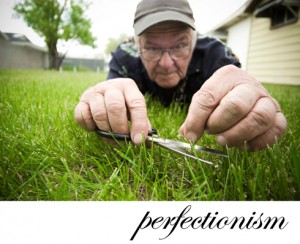I was reading an article remembering Steve Jobs more than a year after his passing. The author provides “Ten Life Lessons” from Mr. Jobs that we can all learn from and apply in our lives. A lesson like, “You don’t beat the competition at their game. You redefine the game,” reminds me that Steve Jobs was an incredible leader. He defined the future, where things should go, and then he took us there.
Jobs thought differently, and he encouraged us to do the same. Even Apple’s advertising at one time encouraged us to do so. So when you’re faced with a seemingly insurmountable problem or you’re looking to redefine your game, ask yourself, “What would Steve do?”
If you’re having an issue with one of your employees who isn’t doing his or her job, you might ordinarily give them some time to see the light, offer some additional training, or have a heart to heart talk. If you ask yourself, “What would Steve do?” however, you might berate them and/or fire them on the spot. The lesson, “Don’t tolerate bozos around you,” confirms what most people know about Steve’s lack of patience with under-performing employees.
Am I saying you should chew out your employee? No. But you should consider why Steve would have. It might serve to warn you that the problem is potentially more serious than you think. The employee might improve, but they also might do irreparable harm if your other employees see them getting away with less than excellent performance.
Thank you, Steve, for reminding me to think about the problem from a different perspective.
One of the benefits of reading biographies about successful people, in business, sports, politics, and other fields outside of our own, is that they allow us to see our problems through different eyes, and thereby, find solutions we might otherwise never find. Albert Einstein said, “No problem can be solved from the same level of consciousness that created it.”
Einstein also said, “Imagination is more important than knowledge,” so use your imagination for a moment and think about this: If Apple had acquired your law practice, what would Steve Jobs have told you to change?
Steve never read The Attorney Marketing Formula, but I imagine he would approve.








